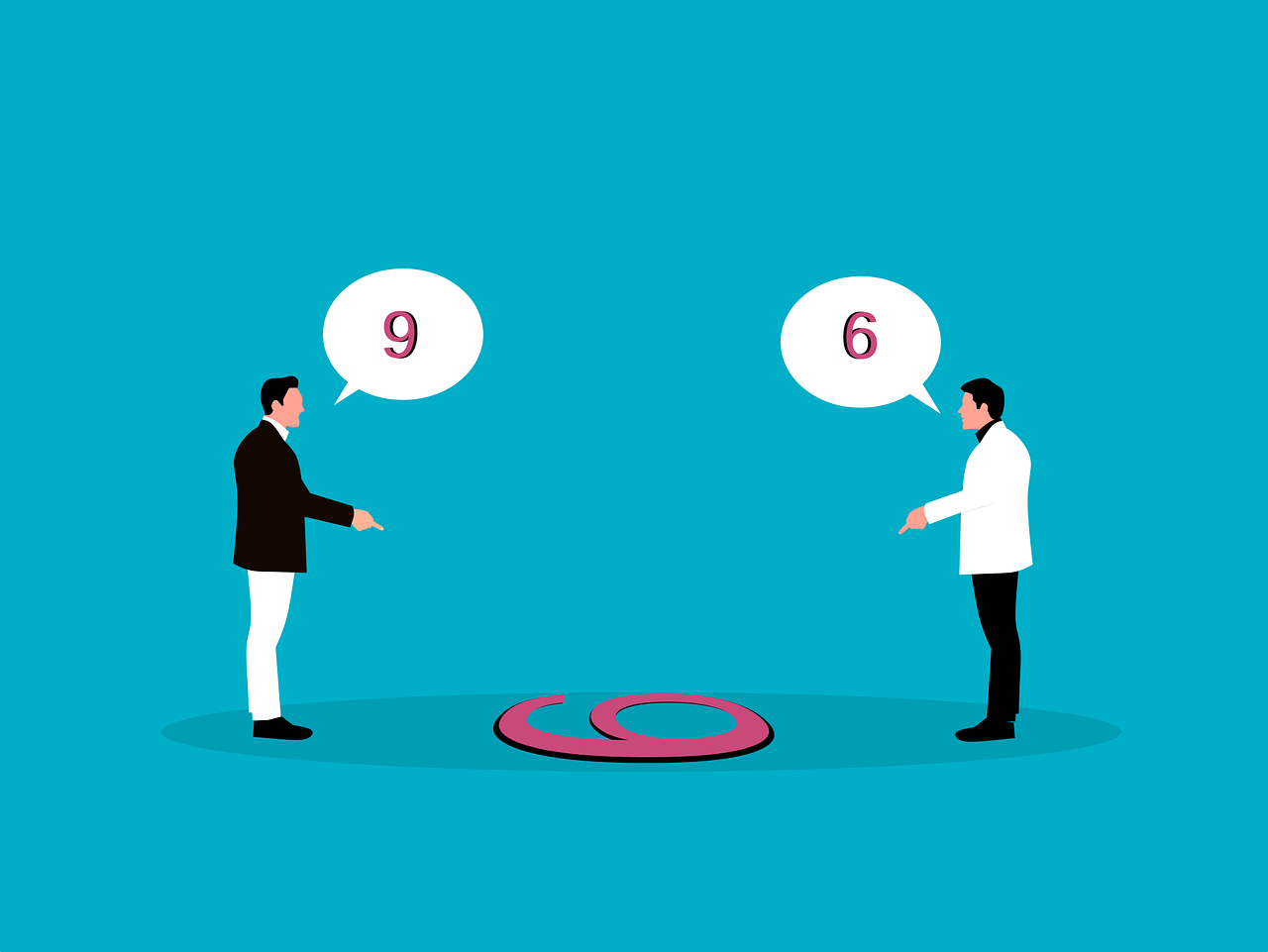Since there is power distribution on Earth, the questions are always present. We usually see a clash between those in power and the ones who question. This clash sometimes becomes so aggressive that it leads to severe outcomes, mostly in the form of suppressing actions from the one in control. Here is the twist: when the one who questions is suppressed, it can have two possibilities: whether he gets suppressed and chooses silence over resistance, or he considers this as a pushing force and gets more resistant. If the one who is being suppressed throws away the suppression and continues his work more effectively, he gains popularity.
Popularity genetically is attractive, and desired by everyone who breathes. It is quite natural for all of us to get attention and popularity. This urge to get popular often results in actions that are very strange but appealing to a certain population. In a class, it is quite common to see some students questioning the teacher for clarification and better understanding. The most common perspective of teachers is that such students are considered intelligent, and somehow, teachers start to differentiate between the students’ intelligence based on their ability to question.
With the prevailing environment of fascination, attention seeking, and attractiveness, this trend usually creates an inferiority complex among students who are not able to question. Many students perform pretty well in their academics, but cannot question or ask. They are usually attracted to the one who can ask questions. The ultimate goal behind this is attention. They may be getting good marks, but because of a naturally present trait of getting recognized in each department, such students want to ask the same questions to teachers. Many students usually believe that they can develop this ability to question.
We can have a deep analysis of those asking questions and the reason behind this. We must understand the exact reason behind the question. Is it true to say that if a person questions, the attention is exactly to get knowledge or better understand the topic? There may be two perspectives present: some analysts may say the ultimate goal of the question is knowledge, and some others may say it is just for attention. Let’s discuss the mindset and the ultimate results of the two types of questions.
If a person is asking a question and his ultimate goal is to gain knowledge and nothing else, then normally, such a person is calm and used to understanding the answer, with a minimum chance of a counter question. He may ask a counter to better understand the answer. For example, a student asks a question to his teacher and his teacher explains it, he asks a counter question, and the teacher responds in a way that presently, he has no idea about your query, but he will reach out to you after researching. Now, if the one who is asking is for knowledge purposes, he will just understand the situation and move forward.
On the other hand, if a similar situation takes place the one, who is asking questions just gets over the teacher and gets attention. He will definitely start accusing the teacher of being not well prepared and not having the proper understanding of the topic. Now, his main goal was not knowledge but just to get attention and become highlighted. Such a person’s way of asking questions is way different from the rest.
Now, let’s think for a second about how such attention seekers ask and plot questions. During a discussion or a session, when a speaker is explaining a topic, such attention seekers are always looking for an intervention point– a point from which they can intervene and overtake the speaker. They continue to listen to the speaker till they find an intervening point. As soon as they find so, they will stop focusing on understanding and shift towards dominating the situation.
There is also another reality that when an attention seeker asks a question, he usually thinks about the possible answers first. Few requirements are necessary for making the situation disturbed with a question. These include: the one who is asking must know the answer, he must know the possible counter questions from the speaker and possible answers to those counters. If these requirements are met, the situation is well set to be exploited.
Such people create a very confusing mindset among the intelligent ones who are not able to question. They start to believe that their only way of recognition is by asking questions, and this is the point where they fall. They shift their focus from understanding to getting attention, and the message that was aimed to be delivered becomes the victim of attention.
There may be many reasons for this, but some may include the rising trend of comparing oneself to others, the urge to get attention, to show oneself more intelligent than the one who is explaining, most probably a teacher in the case of students, and most commonly get a tag of intelligence.
The students must understand, that every time intelligence is not always linked with the one who speaks; sometimes it is related to the one who respects and stays silent. The teachers should also raise their criteria for intelligence.
The ultimate goal of this post is to make the students understand the reality behind most of the questions being asked in today’s world. So, they may decide whether they want to get attention or knowledge. Knowledge is never linked with words, knowledge is understanding the situation and reacting accordingly. Knowledge has nothing to do with the exploitation. Knowledge never demands recognition.
Till the next post, stay tuned and if you have any questions, please reach out to us via the contact us form.



